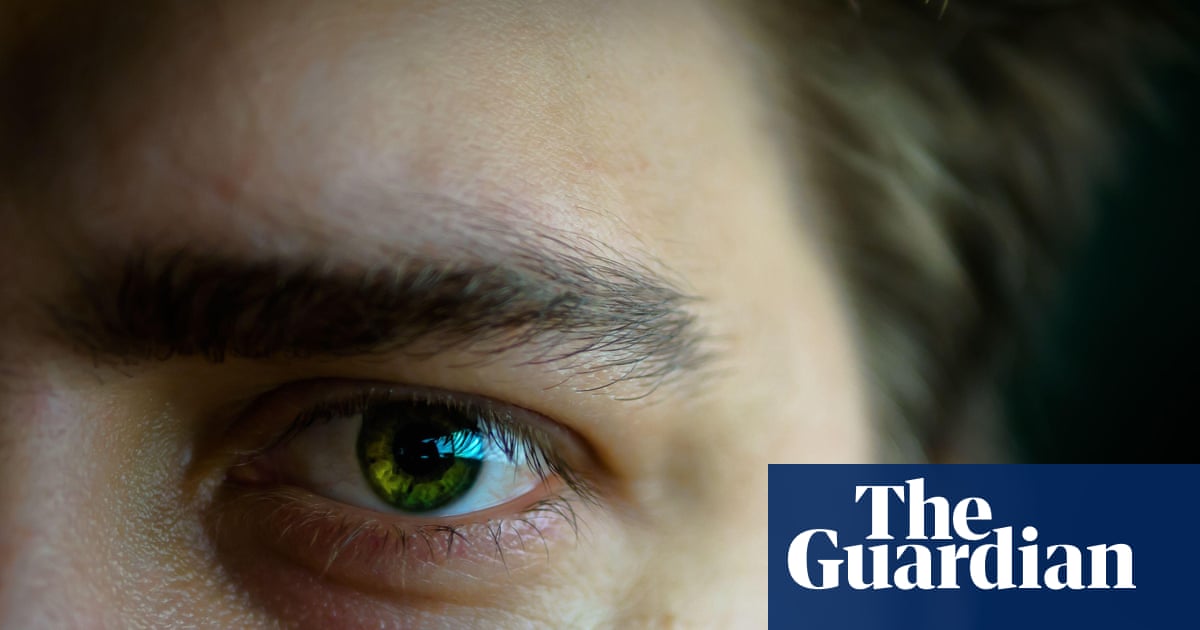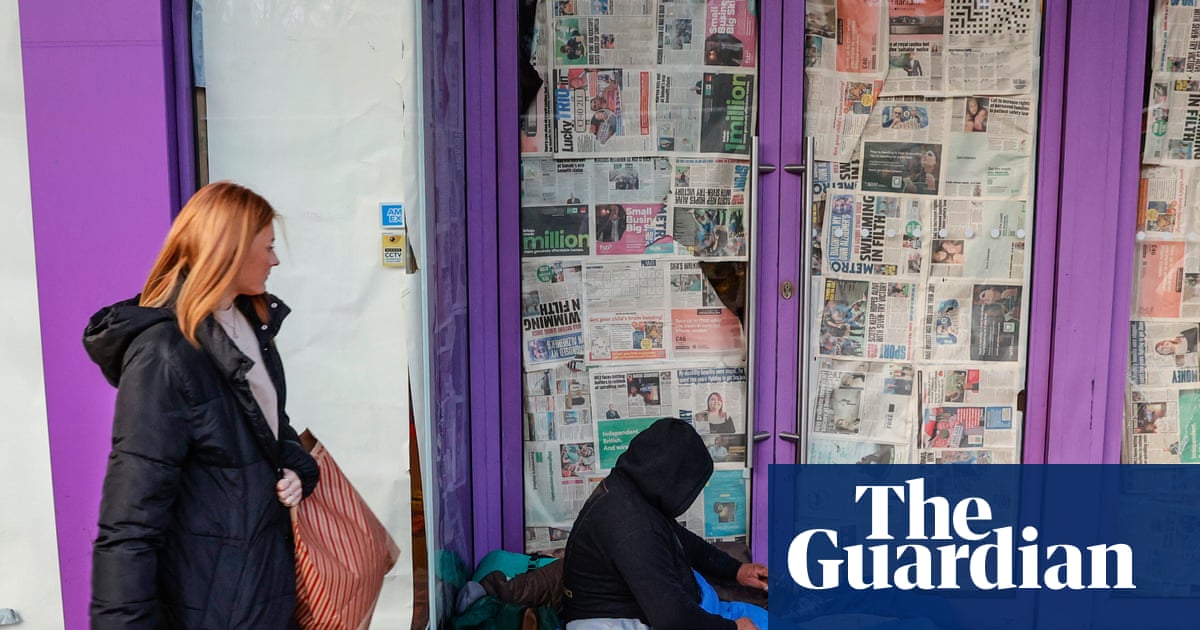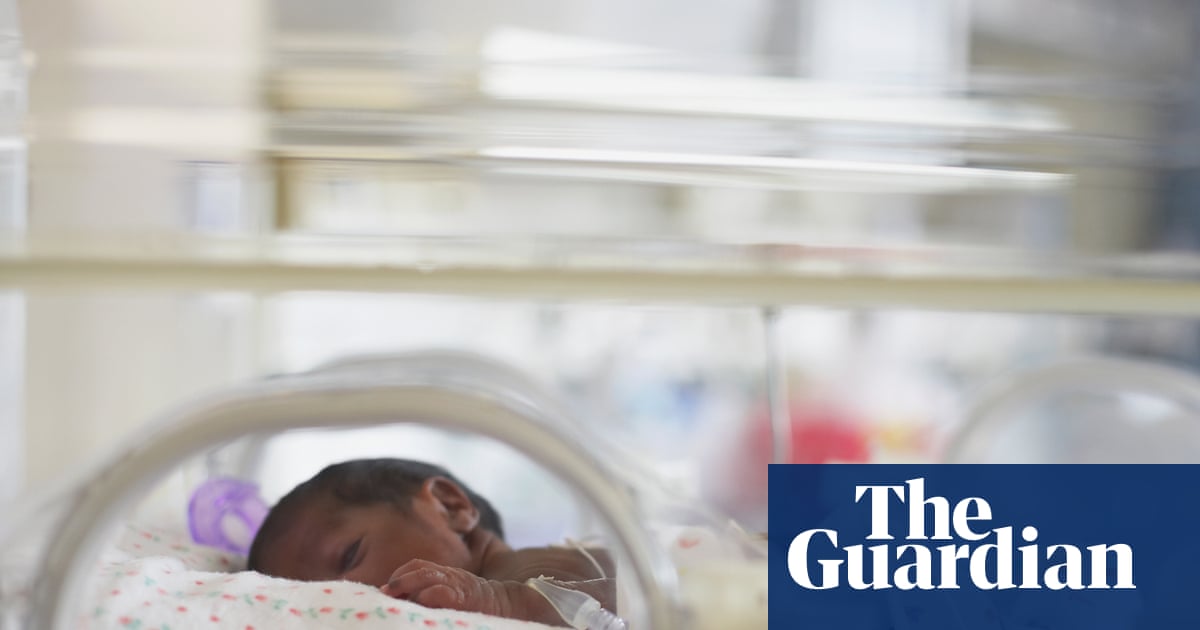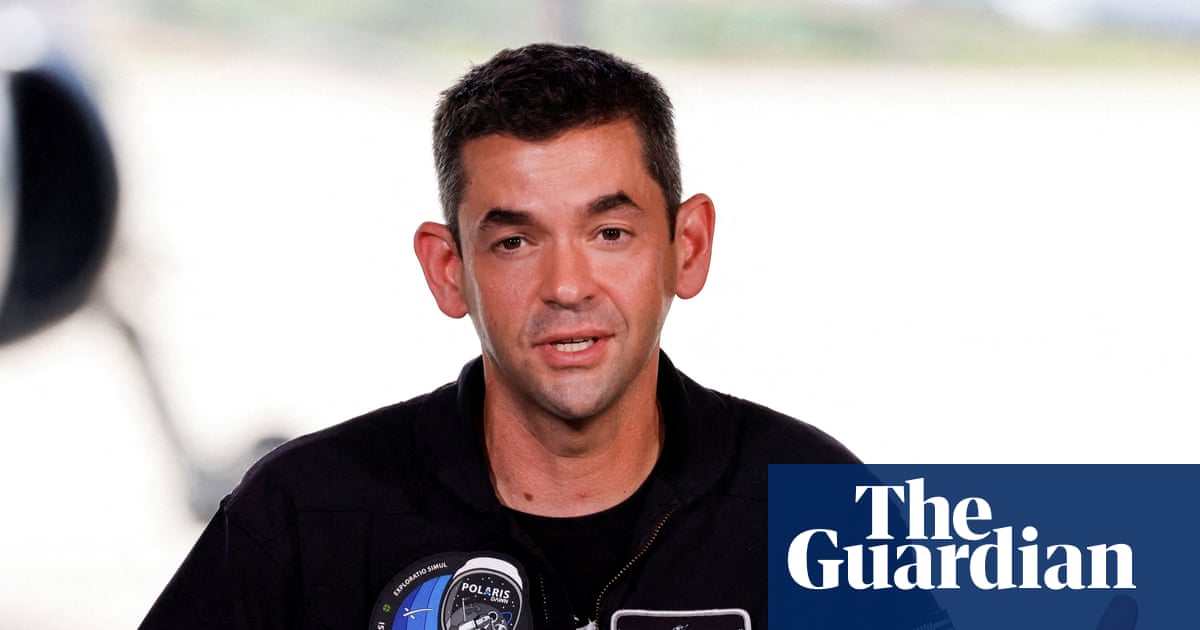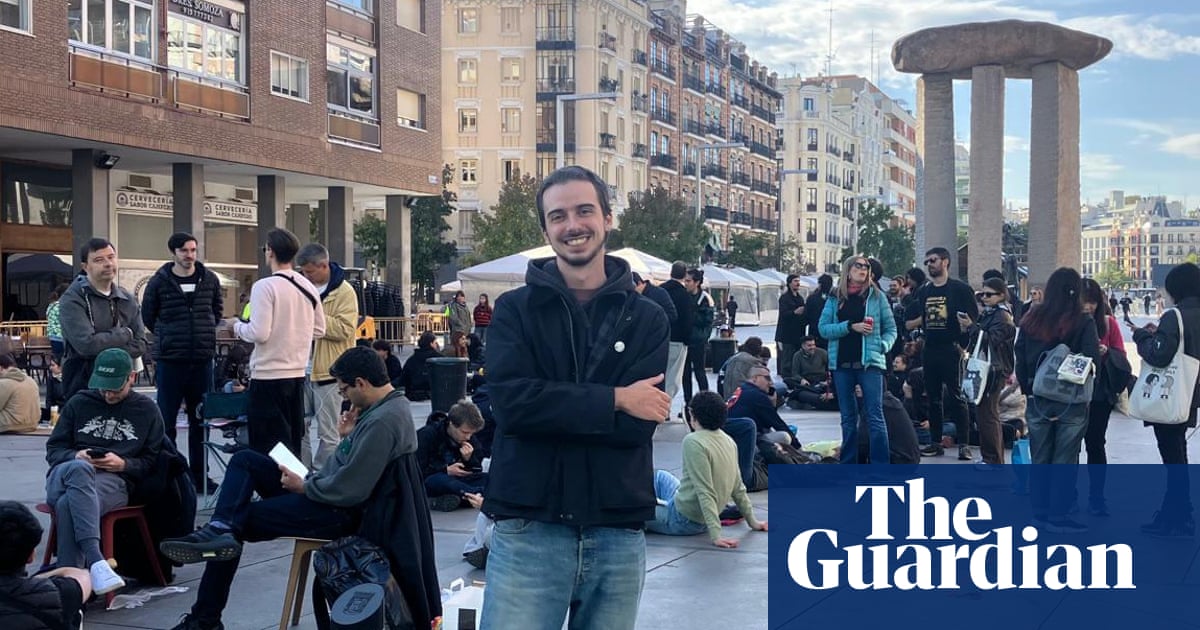Far from the Tree, Andrew Solomon’s brilliant nonfiction book about parenting children different from oneself, offers the useful distinction between vertical and horizontal identities. Vertical identities are inherited – a family name, an ethnicity, or a nationality; horizontal identities are qualities that define us which parents may have nothing to do with, such as the kinship people with autism feel with one another, or being gay or deaf.
Deaf, a Spanish-language film directed by Eva Libertad that stars Libertad’s own deaf sister Miriam Garlo, offers a near-perfect fictional illustration of the tension between vertical and horizontal identities within a newly minted nuclear family. Professional potter Angela (Garlo) is deaf, and married to farmer Hector, a hearing man, and the two mostly communicate through sign language. Almost as soon as they find out Angela is pregnant, little fissures appear in the foundations of their happiness. Angela’s deaf friends all sign their delight ecstatically and talk about their own pregnancy and birth difficulties with warmth. But minutes before Angela reveals she’s with child, Angela’s hearing mother (Elena Irureta) casually mentions she thinks things are better for the young couple without kids, indicating that she believes deafness is too much of an affliction. Talk about awkward.
The film skips easily ahead, covering months and then years at a time. After a difficult birth, Angela is clearly depressed and challenged by mothering, and finds it hard to produce enough milk for baby daughter Ona (played by half a dozen tots at various ages). Plus, just after Ona’s birth it’s inconclusive whether the baby is deaf herself. When they eventually find out she can hear fine it’s as if a curtain comes down between her and Angela.
Hector, who comes across as a lovely supportive partner and dad, quietly takes up more of the parenting duties but to Angela’s dismay he doesn’t always remember to sign when communicating with Ona, thereby unconsciously relegating sign language to a secondary status and thus excluding Angela. These little slights or misunderstandings roll along, growing like snowballs, until the couple are barely communicating with one another.
At a crucial moment, and one where a viewer might be starting to think Angela is a little bit too touchy about perceived microaggressions around her, Libertad turns down the sound so that we suddenly hear the world the way her protagonist experiences it. It’s a soundscape alternately muffled but oddly peaceful, then shrill and squeaky when Angela tries to wear the hearing aids she hates. The film becomes a bang-on illustration of how cinema can be an engine for empathy, and certainly viewers won’t need to be deaf themselves to get what Angela is going through. It is a moving exploration of the difficulties of new motherhood, a moment full of anxiety and pain as much as joy for some people. The performances are beautifully nuanced throughout.

 1 month ago
31
1 month ago
31





